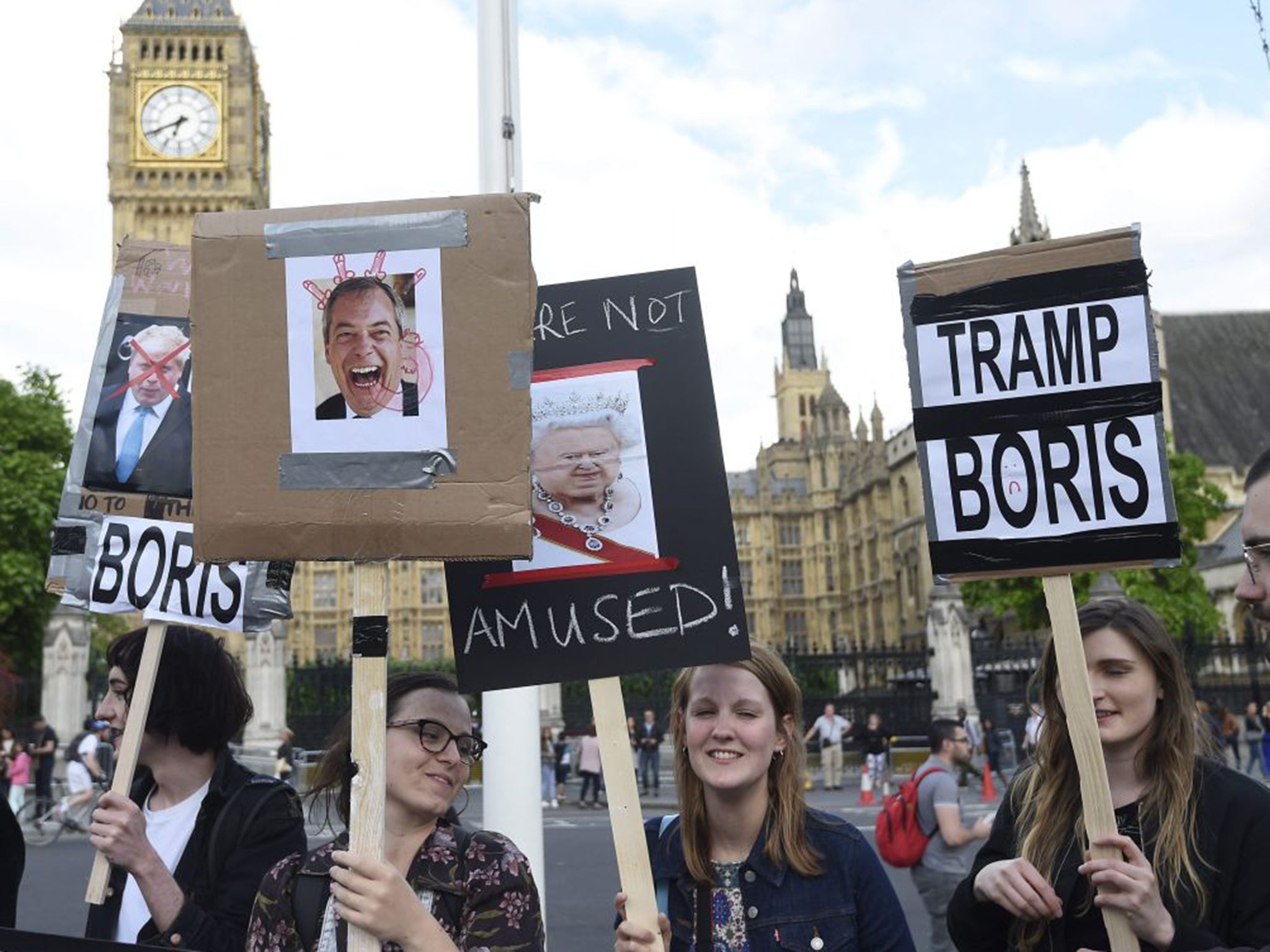EU referendum: Turnout among young voters 'almost double' initial reports
Research carried out at the London School of Economics reveals starkly constrasting figures

The EU referendum turnout for people aged between 18 and 24 was almost double the figure initially reported, according to research by the London School of Economics (LSE).
At a rate not seen for two decades, 64 per cent of the age bracket opted to vote on June 23, based on in-depth polling conducted by Opinium and analysed by professor of political science and European politics Michael Bruter and Dr Sarah Harrison of the LSE.
Widely reported initial statistics released by Sky Data, which was based on analysis of last year’s general election, suggested the turnout among young people was 36 per cent. The research looked at the proportion within each generation who said they always vote.
But starkly contrasting figures emerged after a post-referendum Opinium poll of 2,002 people looked into whether people voted at polling stations or by post, whether they were registered but did not vote, and whether they were not registered at all.
It found 64 per cent of those young people who were registered did vote, 65 per cent of 25-to-39-year-olds and 66 per cent of those aged between 40 and 54.
Turnout was measured as high as 74 per cent among for 55-to-64 and a remarkable 90 per cent for those aged 65 and over. According to the Electoral Commission, overall turnout was 72.2 per cent.
In the report, Mr Bruter and Ms Harrison wrote: “The question of whether young people voted or not is politically important for two critical reasons.
“First, because there continues to be a significant proportion of younger voters who say that they are unhappy with the result of the referendum and want to be heard, and one of the key arguments that has been made in answer to them is that they should have bothered to vote if they cared that much.
“And, second, because the government chose not to give the right to vote to 16- and 17-year-olds in the referendum. It is fair to ask whether allowing them to vote could have changed the result of the referendum or not.”
They say the assumption that a majority of young people who were registered did not bother to vote can be laid to rest. “While young people voted a little bit less than average, they were probably quite close to the national average (only 8% below according to our survey).”
Mr Bruter added if 16-year-olds had been allowed to vote, the result would have been far closer.
“Allowing 16-to-17-year-olds a vote would have added nearly 1.6 million potential citizens to the electorate, but it is of course extraordinarily difficult to know if it might have affected the outcome of the referendum.
“On balance, the results of our surveys on the turnout of 18-to-24-year-olds would suggest that it would not have been enough to overturn the result of the referendum … but it would have almost certainly reduced the advantage of Leave to such a point (likely less than 500,000 votes) that the very concept of a majority would have been highly controversial.”
Brexit protest: Thousands march in London
Show all 12Based on population data from the Office for National Statistics, it would have required a 73 per cent of young voters for the UK to have voted to remain in the EU.
According to YouGov, 75 per cent of the young vote backed Remain.
Subscribe to Independent Premium to bookmark this article
Want to bookmark your favourite articles and stories to read or reference later? Start your Independent Premium subscription today.

Join our commenting forum
Join thought-provoking conversations, follow other Independent readers and see their replies